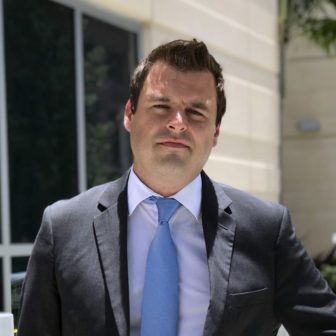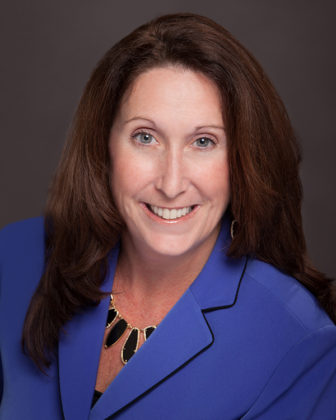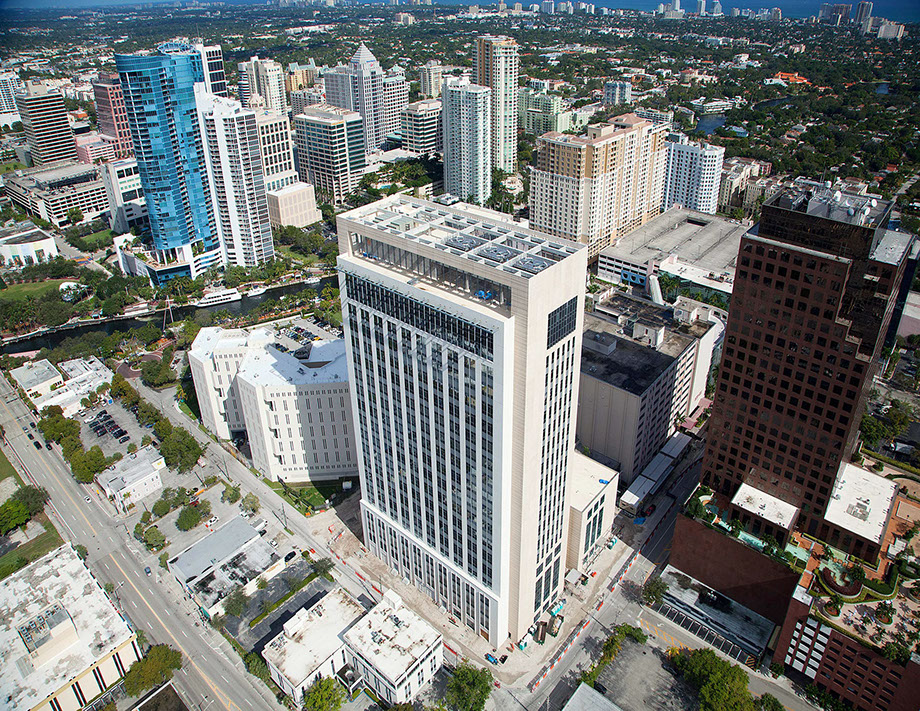MIAMI — On June 4, after 44 years in office, Broward County’s state attorney, Michael Satz, announced he’ll be stepping down. His departure could herald a sea change for the county’s criminal justice system, which has been marred by high-profile crimes and allegations of racially biased policing.
Even though Broward leans heavily Democratic, and even though both the left and right in recent years have been inching toward criminal justice reform, South Florida voters have consistently embraced Satz, a quiet, conservative Democrat who embodies a tough-on-crime ethos. His website boasts that he once “achieved the highest total conviction rate for trials and guilty pleas in the state, a high standard his office works hard to maintain.”
Now, though, three people in the running for Satz’s job say they want to keep people out of jail, not put them in. Two have officially declared their candidacies and a third, who narrowly lost to Satz in 2016, says she might be running. All describe themselves as progressives.
If Broward does veer left, it would add to a wave of progressive prosecutors swept into office since 2016, a trend fueled by millions of dollars funneled through political action committees from left-leaning billionaire George Soros. As a group, these progressive leaders are death penalty skeptics, want to reduce arrests for nonviolent crimes and put the brakes on a system that they say profits from incarceration.
Now Soros-backed PACs are ramping up for 2020. The Justice and Public Safety PAC already has pumped nearly $1 million into prosecutor races in two Virginia counties.
That group focused its earlier efforts on candidates who were challenging the most draconian state attorneys,or who were likely to lose without Soros’ help. PAC treasurer Whitney Tymas did not respond to a question about whether the group would fund a candidate in Broward.
Broward ‘perfect reflection’
Satz’s office is only one of four major Broward judicial positions up for grabs in 2020. Embattled county Sheriff Scott Israel, suspended for his handling of the Parkland school shooting last year, is fighting to regain his job. So far six people have filed to replace him. Public defender Howard Finklestein, first elected in 2004, is leaving office. Even the clerk of courts race is contentious, with incumbent Brenda Forman — who is under criminal investigation — being challenged by her ex-husband, Howard Forman.
Broward is home to 1.9 million people and 24 miles of coastline, but it’s known for its crime, both fictional and real. The county was the location for the first season of the TV show “Cops” and has been the setting for famous judicial proceedings, including a review of circumstances surrounding the death of Anna Nicole Smith. Then there are the pot-smoking judges and disgraced ex-sheriffs who faced time in jail.
The mass shooting at Broward’s Marjory Stoneman Douglas High School last year jolted the nation, but as with any municipality, the majority of arrestees moving through the county’s courthouse and jails are low-income, nonviolent offenders.
“Broward is the perfect reflection of problems with the broader criminal justice system,” said Democrat Joseph Kimok, a teacher-turned-lawyer who spent three years as an assistant state attorney and has filed to run for Satz’s seat. “We overcharge, we over-incarcerate, we rely too much on cash bail.”

Joe Kimok
Kimok, who earned his law degree in 2010, is best known for defending Zachary Cruz, the teenage brother of Parkland shooter Nikolas Cruz. After the shooting, Zachary Cruz was arrested when he was discovered on the Parkland school campus.
The case, Kimok said, reflects the “overall philosophy” of Satz’s office: “Prosecutors asked for three-quarters of a million dollars bail on a kid arrested for trespassing.”
Zachary was kept in custody, which Kimok said pressured him to take a plea deal in the case. If elected, Kimok said, he would instruct his staff not to seek cash bail in cases where the accused presents no danger to the community.
“Most folks that don’t show up to court, they are not running,” Kimok said. “They slept through their alarm clock that day or they’re a junkie and too high and forgot about court.”
For more information on Racial-Ethnic Fairness, go to JJIE Resource Hub | Racial-Ethnic Fairness
Kimok is married to a black civil litigation attorney, Jordanne Kimok, and their son is biracial, which Kimok said makes him particularly attuned to racial disparities and excessive force in policing.
He wouldn’t seek mandatory minimums on drug cases or file possession charges for marijuana. He would incorporate data in his decision-making and be transparent, especially in death penalty cases, he said.
“The way our state attorney makes death penalty decisions is a mystery to all of us,” Kimok said. “That decision has to be extraordinarily transparent.”
Let’s ‘fix broken people’
Jim Lewis, a Fort Lauderdale attorney who spent 12 years as a prosecutor, including at the Office of Statewide Prosecution, is also running. Like Kimok, he considers himself a progressive, even though he ran as a Republican in 2012, facing off against Satz in the general election.
Like Kimok, Lewis would stop jailing people for marijuana offenses, which he calls “a total waste of time.”

Jim Lewis
He rejects the prevailing wisdom that criminals need to be incarcerated to protect the community. Experience has shown that drug abuse and mental illness are what drive people to commit crimes, he said.
“Unless they kill somebody, they’re going to get out. So let’s use the system to fix broken people,” Lewis said. The current system is set up “so that lobbyists and the Corrections Corporation of America can make more money.”
Another progressive Democrat, Teresa Williams, has formed an exploratory committee. A former Miami-Dade prosecutor, also a veteran of the Prosecution Office and now a private criminal defense attorney, Williams challenged Satz in 2016, losing by 5,400 votes.
Her campaign that year won backing from an organization that’s won funding from Soros, Color of Change.
Like Kimok and Lewis, Williams criticized Satz’s office for overcharging cases.
“It’s all about money,” she said. “The more cases you file, the more defense attorneys make, more the bondsmen make, the more judges you need to bring in.”
“It winds up being a cycle with everyone with their heads in their wallets instead of looking at what should happen in the system. Meanwhile you’re destroying a whole group of people,” primarily poor blacks, Williams said.

Teresa Williams
Whether Williams she runs again will depend on who else enters the race.
“This race will be decided in the Democratic primary,” she said. “We know exactly who is voting. It’s not your average individual. These are supervoters ... What you see is large voting blocs in the black community coming out of the churches. It’s not the general populace.”
Whatever happens, Kimok said, “it’s an exciting time. We’ve got an opportunity here in Broward County to really do things very, very differently than they’ve been done for a long, long time.”
